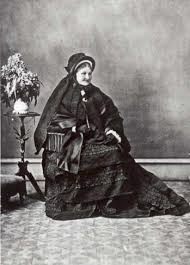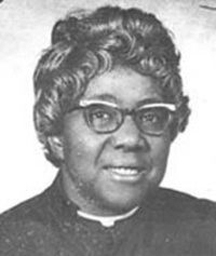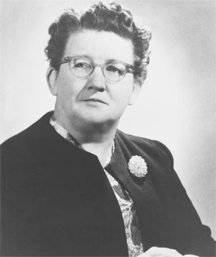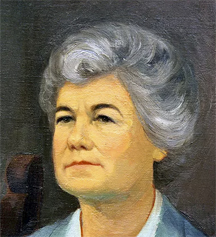
Mary Hecht: 1931-2013.
Born NY City;- bachelor degree U. Cincinnati 1952. masters degree University Iowa. Also studied Columbia U. and Camberwell School Art.
Moved to Canada 1960 taught McLaughlin College at York U. ‘Received many grants Ont. Arts Council
Honorary mention Liturgical Art Boston 1976. Received Excalibur Bronze award 1983
1978- elected to American Society of Contemporary Artists
1982 elected to Sculptors ’Society of Canada
Diagnosed with MS in later years after many exhibitions worldwide.
Continued working despite decreasing ability
Themes: wisdom, strength in adversity, emotional catharsis, and myth from classical and Judaic traditions.
Used lost wax method

Mary Deacon is a passionate advocate and leader in the mental health community, Mary has an established track record of bringing people and ideas together for positive change.
Mary has a Bachelor of Arts degree and is a Certified Fund Raising Executive (CFRE) of the Association of Fundraising Professionals (AFP) Foundation for Canada. She has also received the degree of Doctor of Laws, honoris causa from the University of Guelph for her pivotal leadership role in Canadian philanthropy, most notably in the field of mental health.
Mary serves on several boards and is also a member of the World Economic Forum’s Global Agenda Council on Mental Health. Over the last 25 year years she has held a series of senior positions in the not-for-profit sector including almost a decade as the inaugural President of the Centre for Addiction and Mental Health Foundation – Canada’s largest mental health hospital. She resides in Toronto, Canada and has four children. Mary Deacon is Chair of the Bell Let’s Talk mental health initiative, the largest-ever corporate initiative of its kind in Canada. Over the course of the next 5 years Bell has committed at least $100 million to support new mental health research, workplace best practices, improved care and access, and anti-stigma programs including Bell Let’s Talk Day. Mary assumed her role as Chair after a long and successful career in the philanthropic sector.

Amelia Douglas (1812-1890) was a Métis woman significant in the early history of Canada as the wife of the first governor of the Colony of British Columbia. She gave birth to thirteen children, raising six to adulthood. Her children were brought up in the Victorian European style, though she insured that they were schooled in the cultural heritage of their First Nations ancestors. In 1992, Douglas College, in New Westminster opened an art gallery named in her honor.

Charlotte Monture (1890-1996) was the first Native Canadian registered nurse who had to train in the USA. She worked as an elementary school nurse, but left that job in 1917 to join the Army Nurse Corps. She served in France at a military hospital. She was one of only fourteen Native Canadian women who served as members of the Army Nurse Corps during World War I.

Addie Aylestock (1909-1998) became the first ordained woman minister of the British Methodist Episcopal Church and the first African-Canadian woman minister in Canada. Aylestock was able to develop Ontario BME congregations in Fort Erie, Guelph, Owen Sound, Niagara Falls, North Buxton and St Catharines as well as congregations in Montreal and Halifax.

Marie Curtis (1912-2006) became president of the Home and School Association and successfully lobbied for kindergarten classes to be brought to the community. In 1953 she was elected reeve of Long Branch and in 1954 she became a member of the first Metropolitan Toronto Council where she became the first woman to sit on Metro Council’s executive committee. She is best remembered for her deep involvement in the creation of a regional parkland system.

Dorothy Ley (1924-1994) became an internationally respected oncologist, treating terminally ill cancer patients with compassion and care. This led to a quest for a more personal and loving alternative to end-of-life care. In 1991 she helped to establish the Canadian Palliative Care Foundation. She was the First Chair of the Board of Directors of The Dorothy Ley Hospice inn Etobicoke.

Jean Augustine (1937-) became the first African Canadian woman to sit as an MP in the House of Commons in 1993. She led a motion that created Black History month in Canada. After leaving politics, Jean became Ontario’s first Fairness Commissioner, a position created to advocate for Canadians with foreign professional credentials. She has also established the Jean Augustine Centre for Young Women’s Empowerment in Etobicoke and she is still President.
